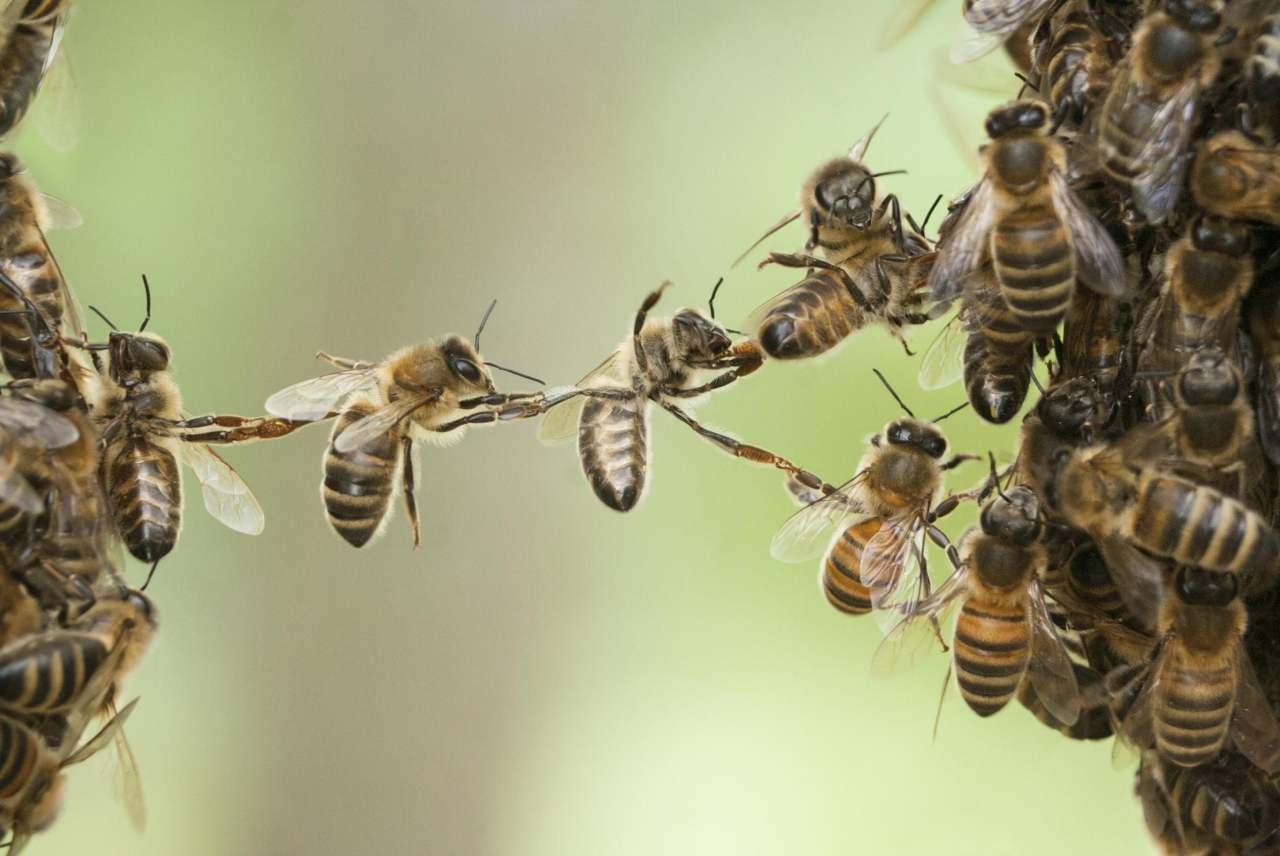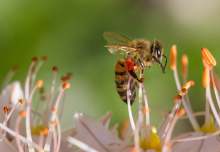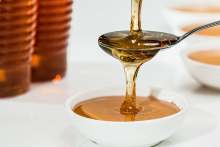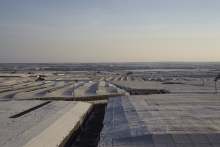Environmental charities have criticised the government for granting an application by British Sugar and the NFU to allow the emergency use of the pesticide Cruiser SB on England’s sugar beet crop in 2022.
The pesticide contains the neonicotinoid thiamethoxam which has been banned by the EU for all outdoor use since 2018 because of its negative environmental impacts, particularly the harm it does to bees.
British Sugar is the sole processor of the UK’s sugar beet crop and owner of the Silver Spoon brand. It is owned by corporate giant AB Foods (Associated British Foods), which last year reported pre-tax profits of £725 million.
British Sugar claims that emergency use of the pesticide is necessary to protect the beet crop from the virus yellows disease. The government’s decision was contrary to the advice of its own Expert Committee on Pesticides which did not support the authorisation because of expected environmental effects.
Defra made similar concessions to the sugar industry in 2021, but an especially cold winter led to a fall in aphid numbers which meant that thiamethoxam was not used.
The UK Government and sugar industry should be investing in supporting growers to transition to alternative non-chemical control measures, rather than allowing the temporary use of banned pesticides.
The pesticide that creates risk for insect populations
Scientists suggest that thiamethoxam weakens bee’s immune systems, harms the development of baby bees’ brains and can leave them unable to fly.
Studies have found that significant declines in some British bee populations coincided with the introduction of the pesticide, which was widely used before the 2018 ban.








